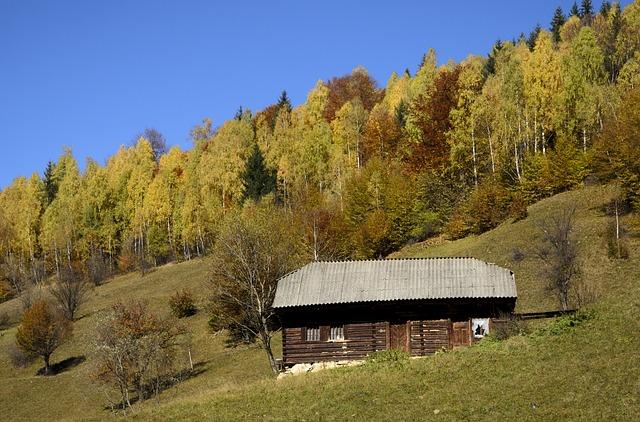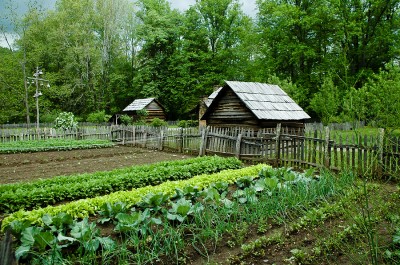Is it possible to live fully and completely off the grid? This is a complicated question with a few different answers. Some people, of course, will jump immediately to a “yes” for an answer. They will be the first to point out how the Native Americans did it, the settlers and mountain men did it, and their grandparents did it. And they would certainly be right. Many people have truly lived off the grid to the truest and purist definition of the term.
You could purchase a good knife, a fine rifle, ammunition, a metal pot, and a few other odds and ends and then go out to where the road ends, ditch your car, and live like the North Pond Hermit. However I’m willing to bet not too many of us want to live like that. I certainly don’t, unless I must.
But let’s come back around to reality, and talk about the modern definition of living off the grid. For most, it’s owning a few acres somewhere, not paying a dime in electricity or water bills, growing your food, and only purchasing a few supplies here and there. But the question is: Can you live fully off the grid?
To answer that question, let’s examine a few key points.
Water. Can you find a safe, clean water source on your land? If there is no water source, can you collect water? Can you purify the water you collect? If you cannot find a way to have fresh water without having to hook up to city water, you cannot live off the grid. If you have property that has a stream or spring, you are off to a very good start.
These Solar Backup Generators Deliver 4 Times More Power Than Other Models!
A well is a great way to get clean drinking water, too, although the upfront cost of digging it can be expensive. If you do not have a water source nearby, there are a few possible alternatives. Do you live in an area with a good amount of rainfall? If so, you can develop a rain water catchment system. Is there a stream or fresh water spring nearby that you can collect water from? This is another option, although extremely inconvenient and not really an option if you desire crops or animals.
Bottom line: If you want to live off grid, buy land with a water source.
Food. Are you going to keep buying most of your food? Or are you going to dive in and go off grid? To start, you must decide how you are going to provide nutrition for you and your family. You will need to provide protein, vitamins, calcium and the calories necessary to live. You will need to store food for the offseason. You will need to educate yourself on animal husbandry, gardening, tree care, etc. You will need to carefully plan your homestead or mini-farm to make the most of you valuable resources and space. Food is the next step to going off the grid, and without growing your own, you might as well stay in the suburbs.
Electricity. Unless you are going to burn oil lamps (and buy oil), heat only with wood and rely solely on canned and preserved foods, you will need electricity. And unless you want to pay an electric bill every month, you will need to figure out a way to make power. Solar energy or a water-powered electrical system are your only real options here – and millions of off-gridders are living just like this. After all, I doubt you’ll be able to build a nuclear reactor in your basement.
These are the three main things that you must have to live off the grid. The extras that come afterwards – such as firearms, medical supplies and even salt – are all individual choices.
Yes, it is possible to go off the grid. Sure, you may have to go into town a couple times a year for bullets, band-aids and seed. But even mountain men met up a couple times a year to trade fur for gold, powder, lead and other supplies. And they definitely were living off the grid.
Do you agree or disagree? Share your thoughts in the section below:
Are You Ready For Blackouts When The Grid Goes Down? Read More Here.
 Off The Grid News Better Ideas For Off The Grid Living
Off The Grid News Better Ideas For Off The Grid Living





